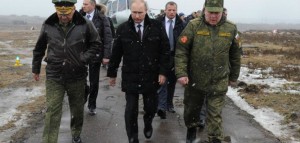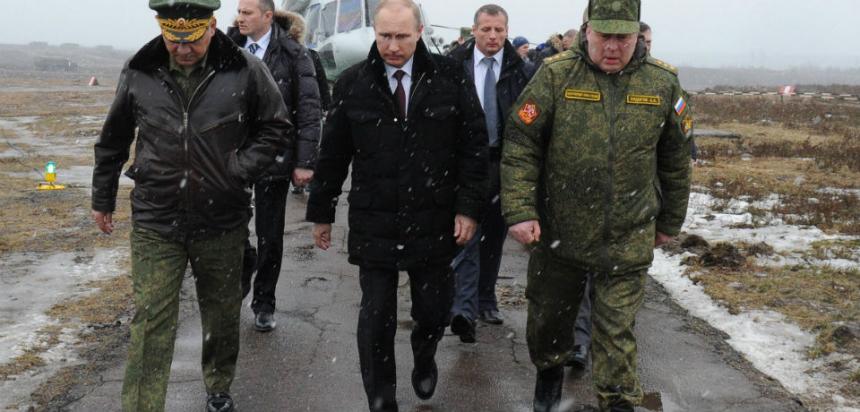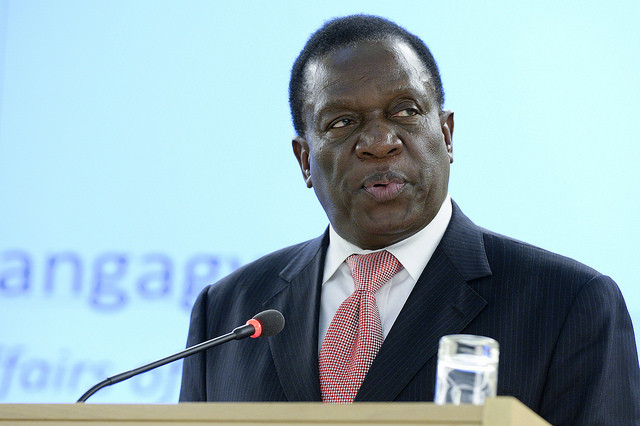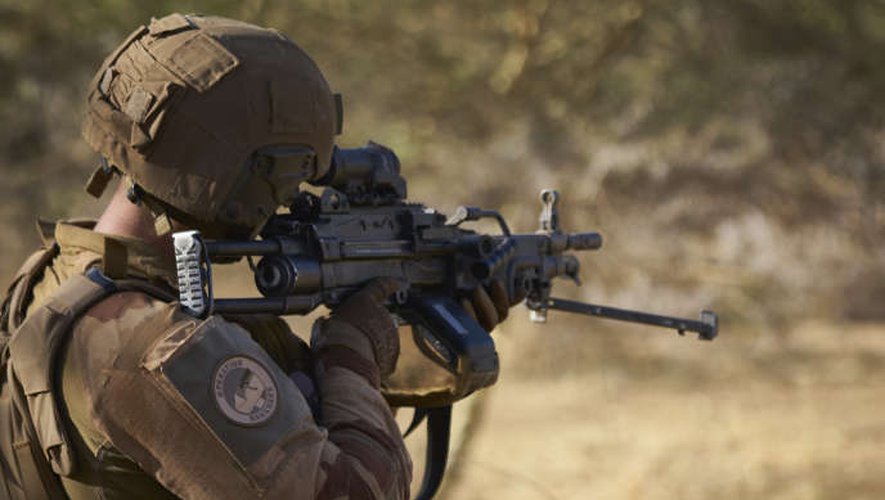 On one side is the world’s most prominent political and military alliance, on the other a Russia actively looking beyond its borders into a Europe that has been a close partner for several years. However this is not the Cold War.
On one side is the world’s most prominent political and military alliance, on the other a Russia actively looking beyond its borders into a Europe that has been a close partner for several years. However this is not the Cold War.
At its fall the Soviet Union was struggling to compete in an arms race initiated by Ronald Reagan in the 1980s. He believed that this would be the economic breaking point for the USSR. His gamble was correct and the Cold War ended, but this is not a purely Western strategy.
At its core Reagan’s approach meant that his adversary had to commit to large financial investment in a time of hardship. There are comparisons between Western nations undergoing austerity measures and these Cold War era difficulties, exacerbated by cuts in defence spending. This has been to choruses of disapproval as military leaders see their abilities stripped away, whilst their great hope for maintaining them is initiatives like NATO’s Smart Defence programme. NATO members will have to rely on their friends to enjoy the full spectrum of military power, for example French aircraft operating from British vessels.
However this principle remains essentially untested and the swingeing defence cuts could mean that humanitarian interventions are the only realistic option, not an inter-state war under NATO’s ‘One for all, and all for one’ Article 5. NATO leaders have recognised this in the past days and have asserted that now is the time to rethink defence spending policy. They feel it will either cost some money now or more money later.
The threat is being taken seriously, with NATO members sending forces into Eastern Europe, but this could be Russia’s aim. To reassure the Baltic nations, Poland, and the rest, Crimea might be the catalyst for increased defence spending across NATO. Bolstered by the shoots of economic recovery and the rare opportunity to have military forces welcomed in another nation, the fragile economies of Europe may embark on a new round of projects prone to overspending and delays.
If Crimea was such a prize, then a convincing case for speculation could be made. Russia’s gains would be securing military bases in the region that were under its control anyway, a mostly Russian-speaking population, and an area currently subsidised by the rest of Ukraine. This is not a prize worth the cost of sanctions and backlash from international partners. At best, and if Russia avoids serious harm, there is a precedent for further actions in defence of Russian speakers who are discriminated against by their governments. Such discrimination is present in many of the Baltic nations and a precedent represents a threat to their sovereignty. Therefore, under Article 5, this represents a threat to the sovereignty of all NATO nations.
This is where the increase in spending becomes imperative, as previous Cold War thinking would dictate some form of deterrence. The cost of such a strategy is extremely high but without it NATO could be seen as ineffectual.
The members of NATO could soon be left with a decision that has no easy option. The first would involve deterring Russia and see a reversal in defence spending policy. This would be felt mostly in Europe as it contributes a quarter of defence spending compared to America’s three quarters and the pivot has moved American focus to the Pacific. Europe would have no choice but to defend its borders and accept heavy costs that could reverse economic progress.
The second possibility is to do nothing and hope that Russia’s Crimean adventure was a one-off. This could be the right choice and would allow the status quo to be maintained. However if Russia does move into other parts of Eastern Europe then NATO would either fight an ineffective but costly war or not intervene under Article 5. Either of these options would destroy alliance credibility and potentially member states.
Russia, deliberately or accidentally, has created a situation mirroring Reagan’s gambit and left Europe in a difficult situation. This could shake the foundations of the international community and its structures to their core, bringing about an even greater shift away from Western-centric leadership.



